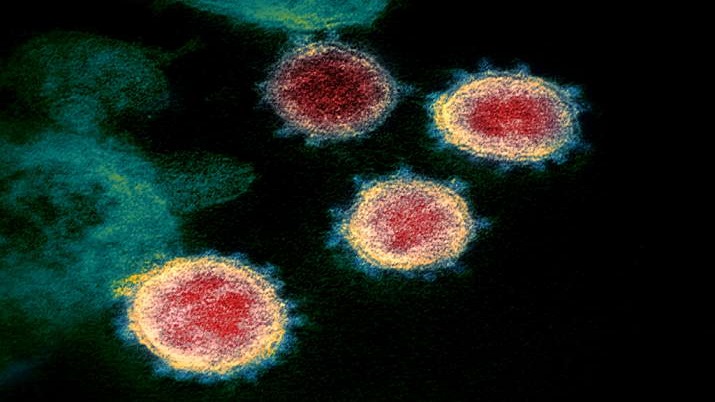Mild cases of COVID-19 can trigger the immune system's memory T cells even in the absence of detectable virus-specific antibodies, according to a study which says the response may play a significant role in preventing reinfection with the novel coronavirus. According to the research, published in the journal Cell, there is limited evidence of reinfection in humans with previously documented COVID-19.
"In the absence of a protective vaccine, it is critical to determine if exposed or infected people, especially those with asymptomatic or very mild forms of the disease who likely act inadvertently as the major transmitters, develop robust adaptive immune responses against SARS-CoV-2," said study senior author Marcus Buggert of the Karolinska Institutet in Sweden.
The study noted that most published research on immune protection against the novel coronavirus SARS-CoV-2 focus on the induction of neutralising antibodies which block the virus and prevent it from entering cells.
However, the scientists, including those from Karolinska Instututet, said antibody responses tend to wane, and are not detectable in all patients, especially those with less severe forms of COVID-19.
Based on research in mice, they said vaccine-induced memory T cell responses, which can persist for many years, protect against the related 2002-03 SARS pandemic virus even in the absence of detectable antibodies.
According to the current study, it was not clear until now how SARS-CoV-2-specific T cell responses relate to antibody responses or to the clinical course of COVID-19 in humans.
To address this gap in knowledge, Buggert and his team assessed SARS-CoV-2-specific T cell and antibody responses in more than 200 individuals from Sweden across the full spectrum of exposure, infection, and disease.
They said during the acute phase of infection, the T cell responses were associated with various clinical markers of disease severity.
The study found that after recovery from COVID-19, SARS-CoV-2-specific memory T cells were triggered, with the strongest response present in individuals who recovered from severe COVID-19.
Meanwhile, the researchers said, progressively lower T cell responses were observed in individuals who recovered from very mild COVID-19 and family members exposed to the virus.
All 23 individuals, assessed as part of the study, who recovered from severe COVID-19, developed both SARS-CoV-2-specific antibody and T cell responses.
But the scientists added that SARS-CoV-2-specific memory T cell responses were detected months after infection in exposed family members and in most individuals with a history of very mild COVID-19, sometimes even in the absence of SARS-CoV-2-specific antibodies.
According to the study, of the 28 exposed family members, only 17 had detectable antibody responses, whereas nearly all (26/28) showed T cell responses.
Among the 31 individuals who recovered from mild COVID-19, the scientists said almost all had detectable antibody responses (27/31) and developed T cell responses (30/31).
"Our findings suggest that the reliance on antibody responses may underestimate the extent of population-level immunity against SARS-CoV-2," Buggert said.
"The obvious next step is to determine whether robust memory T cell responses in the absence of detectable antibodies can protect against COVID-19 in the long-term," he added.

